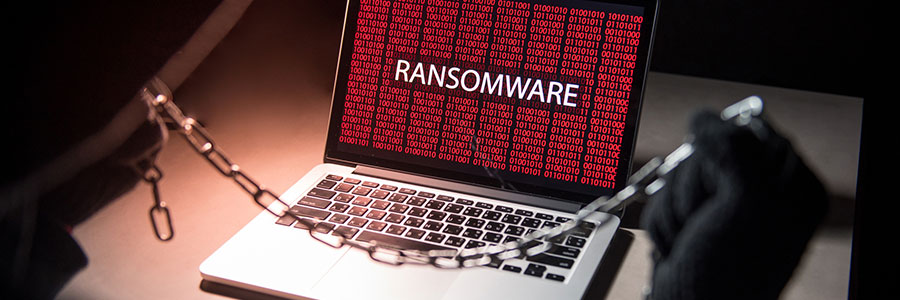Like many security flaws, the Spectre and Meltdown bugs can leak critical data from computers and mobile devices for hackers to exploit. What makes them unique is the vast number of PCs, laptops, tablets, and smartphones they affect. But if you use an Apple device, there are fixes that can help you temporarily protect against them.
How to stay safe from Spectre & Meltdown
Strengthen your smartphone’s security
Are the encrypted sites you visit safe?

You can easily tell whether a website is encrypted, and therefore safe, if a padlock icon appears next to its URL and if it starts with HTTPS (instead of just HTTP). Unfortunately, hackers now use the very same tool that’s supposed to protect browsers from malicious entities via encrypted phishing sites.
Is your laptop spying on you?
Who & What Causes A Healthcare Breach

Technology advancements have revolutionized the healthcare industry, but with security breaches hitting an all-time high and shattering records year after year, what and who do companies have to be wary about? Read on to find out.
Insiders are a bigger threat than hackers
Protenus is one of the largest security vendors for electronic health records (EHRs) and their mid-year review sheds some important light on the most common types of security breaches in healthcare.
KRACK patch on macOS High Sierra

Together with a new batch of emojis, the latest macOS update comes with security, stability, and reliability improvements. As usual, Apple recommends that Mac users update to macOS 10.13.1 High Sierra, and with good reason: It includes an essential patch to the recently discovered WiFi security vulnerability, KRACK.
Why you should update now
Foremost on Apple’s list of macOS updates is the addition of 70 new emojis.
Get ready for the next wave of ransomware
VoIP phishing: how scammers do it

Although many companies still use traditional phones, an increasing number rely on VoIP’s (Voice over Internet Protocol) multi-functionality, which allows employees to make voice calls, conduct video-conferences, and chat. Although many scammers send fraudulent emails to extort money or steal data from businesses, new ‘vishing’ campaigns are proving to be a more efficient way to scam.
Know these types of malware to stay protected
Nyetya ransomware: what you need to know

Nyetya, a variant of the Petya ransomware, is spreading across businesses all over the world. Although it shares the same qualities as WannaCry -- a ransomware deemed ‘one of the worst in history’ -- many cyber security experts are calling it a more virulent strain of malware that could cause greater damage to both small and large organizations.
- 1
- 2




